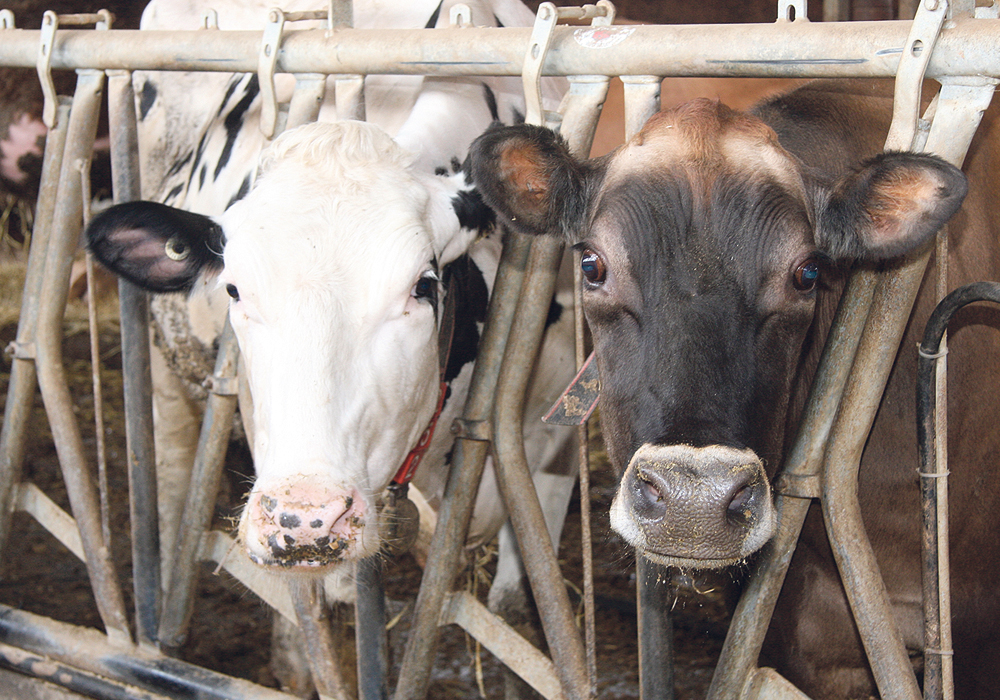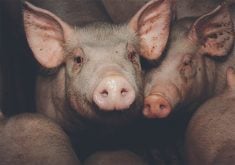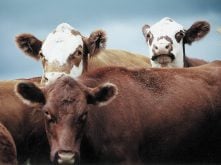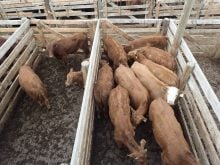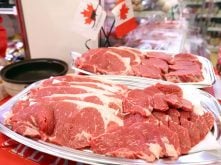WESTLOCK, Alta. — This may be the year of the Jersey cow.
Last year more than 11,800 head were registered with Jersey Canada and growth for the breed is poised to continue. This is the highest number of Jerseys registered since 1963.
Membership in the Jersey association has been growing each year. In 2000, there were about 550 members and in 2018 there were 1,123 members.
“We have grown in the last five, six years. We have grown by 200, 230 percent in our membership,” said Jersey Canada president Dave Morey, who owns the country’s largest purebred herd.
Read Also
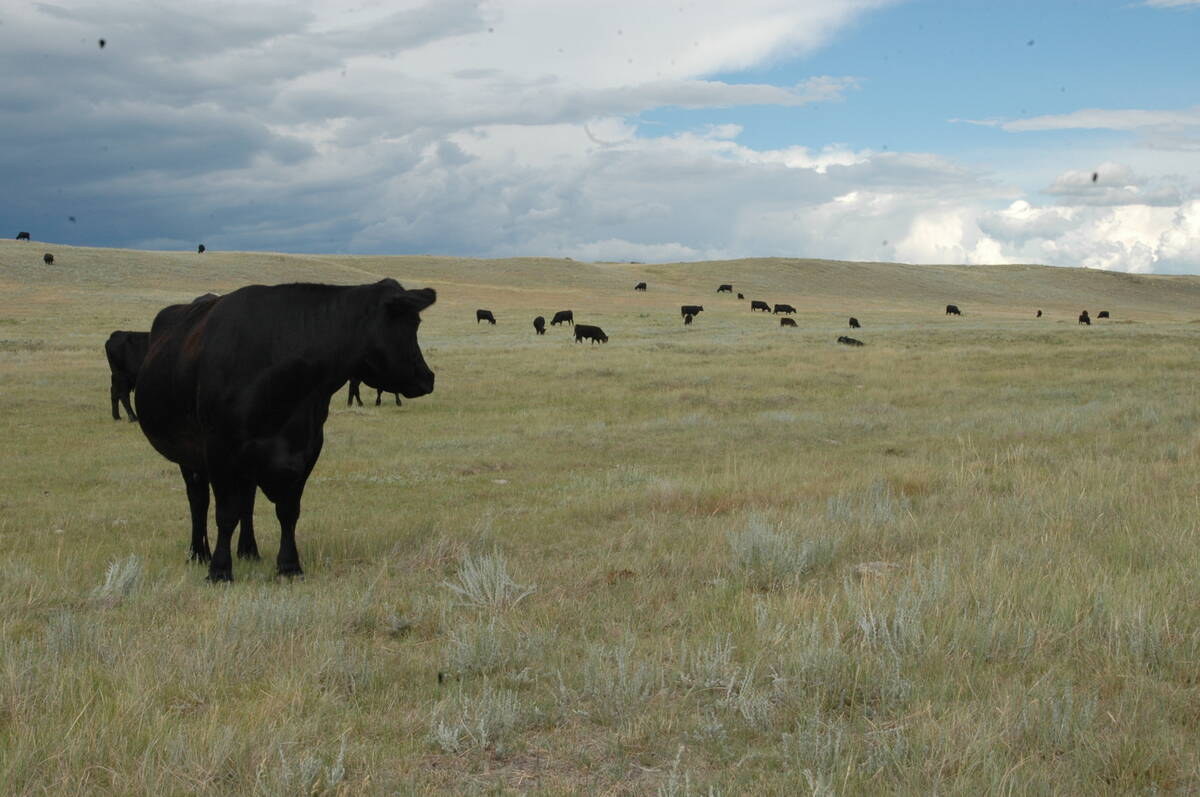
Saskatchewan Cattle Association struggles with lower marketings
This year’s change in the provincial checkoff has allowed the Saskatchewan Cattle Association to breathe a little easier when it comes to finances.
More herds are adding Jersey cows, said Kathryn Roxburgh, general manager of Jersey Canada.
“In 2001, 4.4 percent of milk-recorded dairy herds in Canada included Jerseys. By the latter part of 2018, 14.3 percent of milk-recorded herds had a Jersey presence,” she said at the association annual meeting held in Westlock April 13.
Records show one in every seven dairy herds include Jerseys.
“The expansion of the Jersey breed in Canada seems to be a result of dairy producers including Jerseys into their already established herds,” she said.
Jersey Canada fieldman Jean-Marc Pellerin, who visits herds across the country, has also noticed a surge.
“People are more serious about their engagement to the Jersey breed. Instead of one or two or three cows, there are some that have made complete switches,” he said.
In addition, interest in genetics has increased. Embryo sales were 49 percent higher in 2018 than 2017.
More are being genotyped, although adoption of genomics has been slower than the Holstein breed.
“People are starting to accept it is valid,” Morey said.


